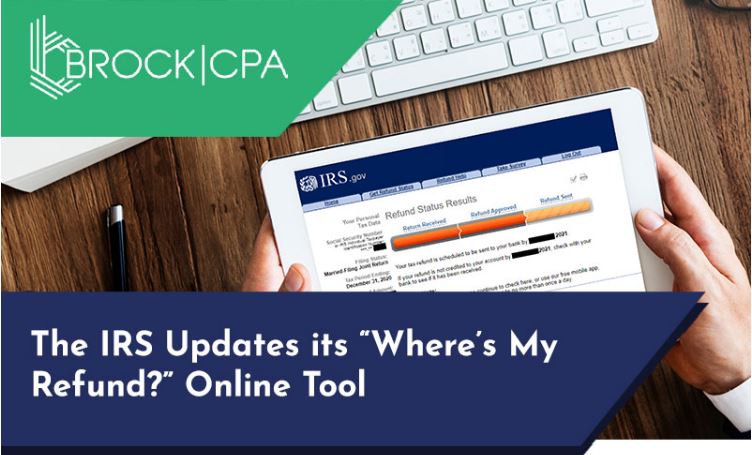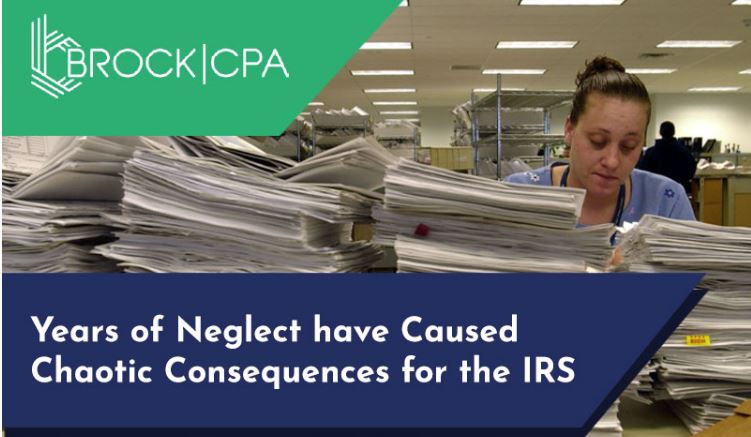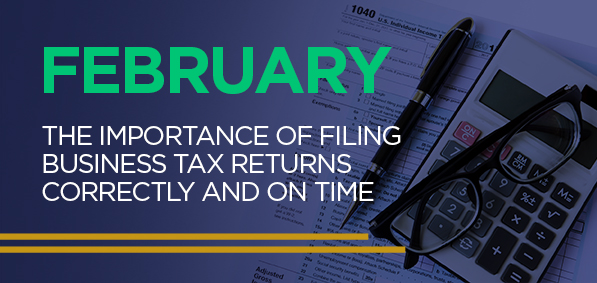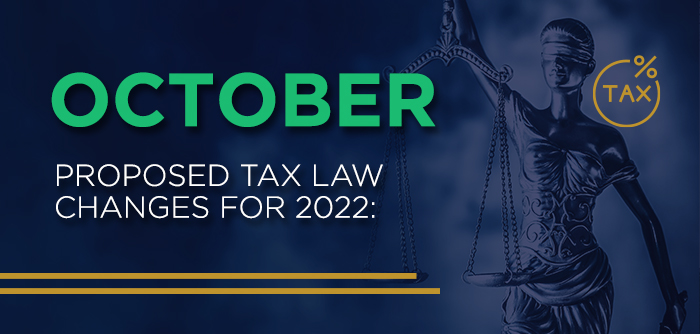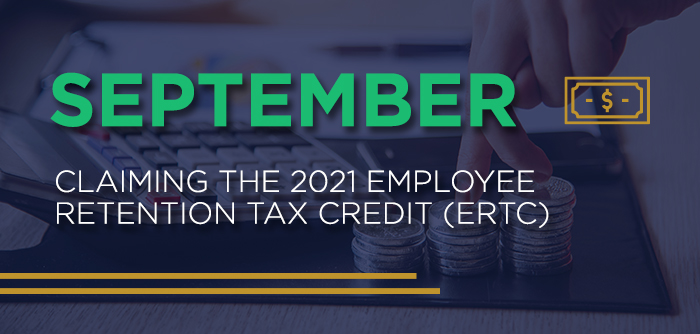Understanding the 2024 Tax Brackets and Inflation Adjustments
What are the Differences Between the 2023 and 2024 Tax Brackets?
Tax season can be a daunting time, and navigating the ever-changing world of tax brackets and deductions can feel like deciphering an ancient code. For those filing their 2023 taxes this year (due April 15, 2024!), and planning for 2024 filings, understanding the adjustments made for inflation is crucial. So, take a deep breath, grab your coffee, and let’s explore the key differences between the 2023 and 2024 tax brackets.
Hold My Bracket: Tax Rates Remain the Same, But Thresholds Shift
First things first: the good news! The tax rates themselves haven’t changed for either 2023 or 2024. That means you’ll still see the familiar progression from 10% to 37% depending on your filing status and taxable income.
However, to account for recent high inflation and prevent “bracket creep” (paying a higher tax rate due to cost-of-living increases, not actual income growth), the bracket thresholds have been adjusted upwards for 2024. This means you’ll need to earn more money to fall into the same tax bracket as in 2023.
Breaking Down the Increases:
The table below illustrates the changes:
| Filing Status | 2023 Thresholds | 2024 Thresholds | Increase |
| Single | $215,950 – $539,900 | $231,700 – $563,050 | $31,100 |
| Married Filing Jointly | $539,900 – $647,850 | $563,050 – $678,650 | $15,600 |
| Head of Household | $539,900 – $647,850 | $563,050 – $678,650 | $15,600 |
| Married Filing Separately | $131,300 – $157,500 | $137,050 – $160,750 | $3,700 |
| Single | $539,900 and above | $563,050 and above | $23,150 |
| Married Filing Jointly | $647,850 and above | $678,650 and above | $30,800 |
| Head of Household | $647,850 and above | $678,650 and above | $30,800 |
| Married Filing Separately | $157,500 and above | $160,750 and above | $3,250 |
As you can see, the increases vary depending on your filing status, but generally range from $1,475 to $4,275. This means you could potentially fall into a lower tax bracket in 2024, even if your income increased slightly to keep up with inflation.
Beyond the Brackets: Other Adjustments to Know About
While the tax brackets are a major focus, keep in mind that other adjustments impact your overall tax liability:
- Standard Deduction: The IRS also raised the standard deduction for 2024, which effectively reduces your taxable income. For single taxpayers and married filing separately, it increases to $14,600, while it climbs to $29,200 for married filing jointly and $21,900 for heads of household.
- Other Tax Credits and Deductions: Be sure to explore other tax breaks that might apply to you, such as the Earned Income Tax Credit (EITC), Child Tax Credit, student loan interest deduction, and charitable contributions deduction. These can further lower your tax bill.
Consult a Tax Professional to Maximize Your Tax Benefits
Tax laws are continually evolving and can be complex. For many, if not most circumstances, seeking professional tax advice can ensure that you maximize your tax benefits, and navigate the intricacies of the tax code efficiently. For assistance with your tax planning, preparation and filing in Jacksonville, contact the professionals at Brock CPA by calling (904) 330-0268 or emailing dbrock@brockcpa.com. You can also information and resources on the IRS website: https://www.irs.gov/.



